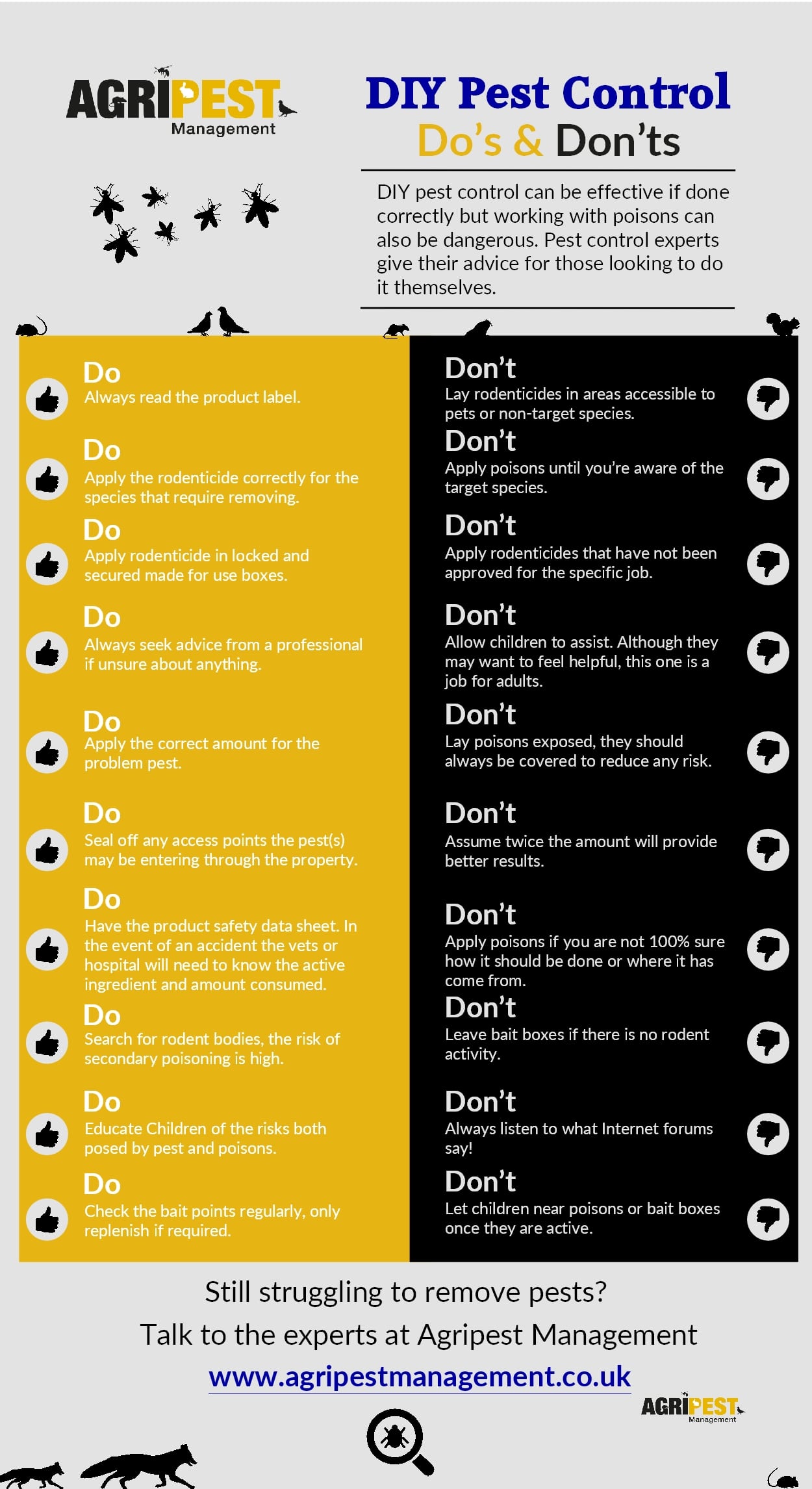Managing Rodent Infestations: Insights Right Into Rodent Psychology
Managing Rodent Infestations: Insights Right Into Rodent Psychology
Blog Article
Write-Up Writer-David Nyborg
When it comes to rodent control, comprehending typical rodent behavior is key to efficiently taking care of problems. Did you know that rats have some remarkable nesting practices that might stun you? By exploring their intricate actions, you can acquire useful insights right into exactly how to tackle rodent issues in a much more tactical and efficient fashion. So, let's unravel the enigmas behind these animals' activities and find out how to outsmart them in your rodent control efforts.
Rat Nesting Behaviors
When observing rats in their all-natural habitat, you'll observe that they actively seek out materials to build their nests. Rats, such as computer mice and rats, are clever creatures that use a variety of items like twigs, leaves, paper, and material to build their homes. They're precise in their nest-building process, usually lining their nests with softer materials like fur or plumes to create a comfortable setting.
Rats choose to build their nests in concealed and safe and secure areas to safeguard themselves and their young from killers. Common nesting spots include wall surface dental caries, attics, cellars, and even within insulation products. By constructing their nests in these private locations, rats can safely elevate their offspring far from potential risks.
learn here is essential to comprehend the nesting habits of rats when executing control steps. By disrupting their nests or eliminating materials, you can dissuade rodents from establishing a visibility in your house or home. Appropriate sanitation and sealing entry points are additionally vital steps in stopping rodent infestations.
Rodent Feeding Patterns
After observing rodents' nesting behaviors, it becomes evident that their feeding patterns play a critical function in their daily lives and actions. Rodents, including mice and rats, are opportunistic feeders, meaning they'll eat whatever food resource is conveniently offered. They're largely nocturnal creatures, choosing to forage for food during the cover of night to prevent predators.
Rats have a diverse diet plan, ranging from grains, seeds, fruits, and veggies to insects, nuts, and also tiny pets. This versatility in their food selections permits them to flourish in different settings, including urban areas where human food sources are abundant.
Their feeding patterns aren't only driven by hunger but likewise by the need to stockpile food for times of scarcity. This actions is particularly obvious in preparation for winter months or when nesting. Rodents are known to hoard food in their nests or burrows, guaranteeing a constant food supply. Comprehending their feeding patterns is important in implementing reliable rodent control measures to interrupt their food sources and avoid infestations.
Rat Activity and Traveling
Rats browse their surroundings with dexterity and stealth, utilizing their eager senses to move promptly through their settings. Suggested Web page are proficient climbers, able to scale wall surfaces and vertical surface areas effortlessly. They can likewise squeeze through surprisingly little openings, making it crucial to seal off any potential entry factors in your home.
When it comes to taking a trip, rodents have a tendency to adhere to familiar courses, developing trails along walls or skirting the sides of rooms. They're creatures of habit, often sticking to these established courses as they forage for food or discover their surroundings.
Rats are known for their nighttime practices, so you might hear them hurrying about in the evening as they search for food and water. Their motions are quick and irregular, enabling them to dart in and out of sight in the blink of an eye.
Understanding exactly how rodents relocate and take a trip can help you determine potential infestation areas in your home and take aggressive steps to avoid these bugs from obtaining a footing.
Verdict
As you function to manage rats in your house, keep in mind that comprehending their habits is crucial. By recognizing their nesting habits, feeding patterns, and movement, you can properly prevent invasions.
Coincidentally, by taking aggressive measures to eliminate food resources and seal off entry factors, you can interrupt their acquainted paths and compel them to seek new locations, eventually lowering the chance of rodent presence in your home.
